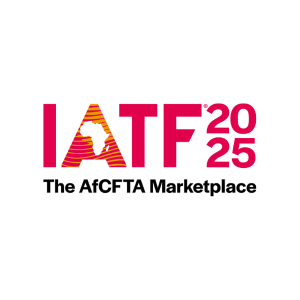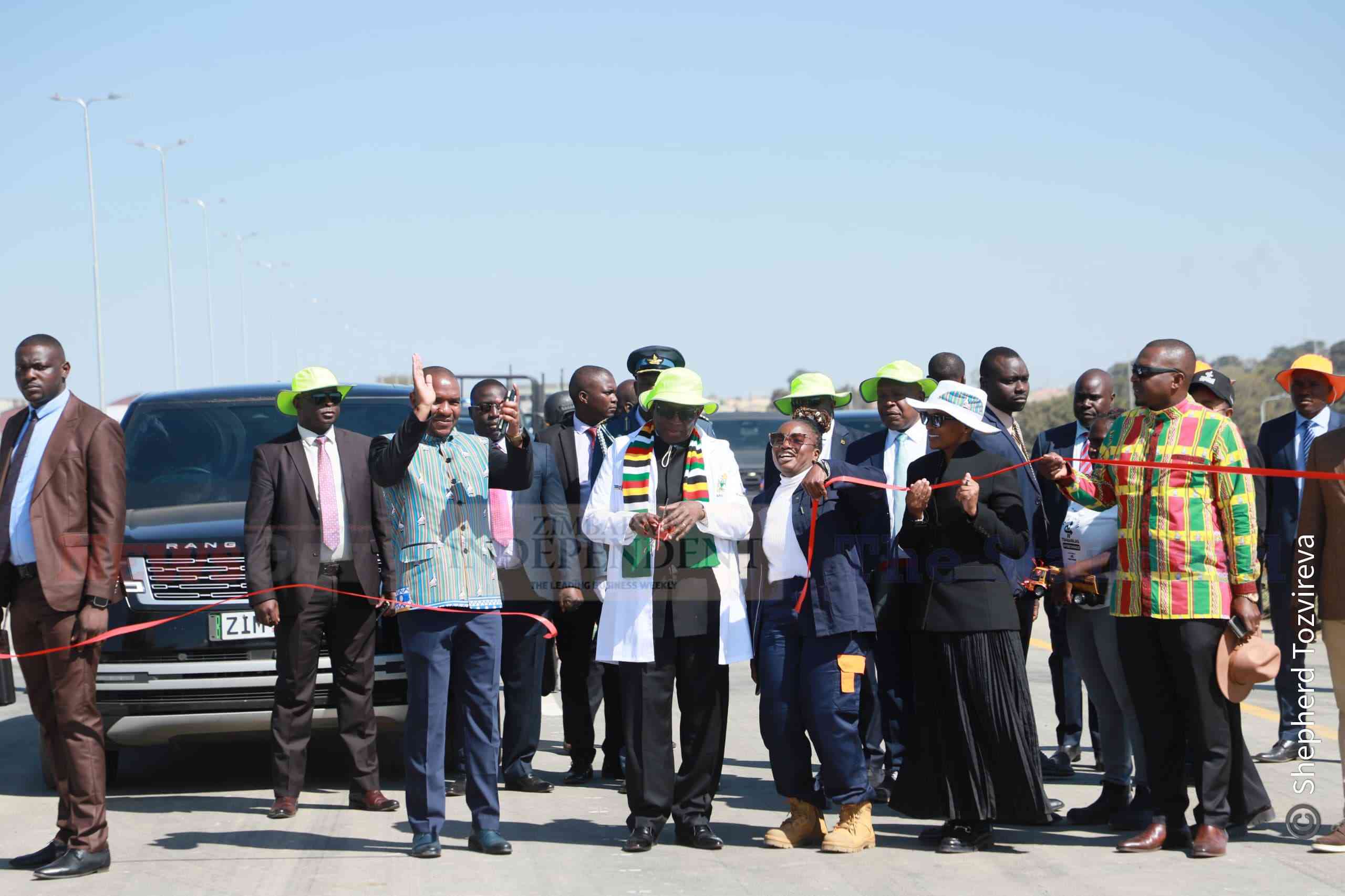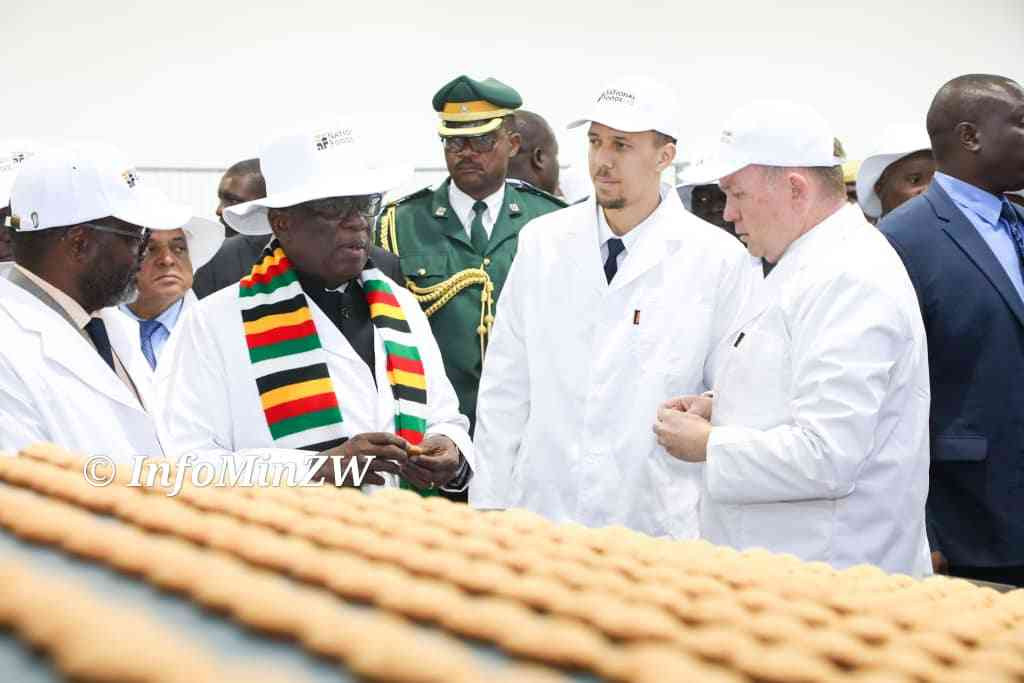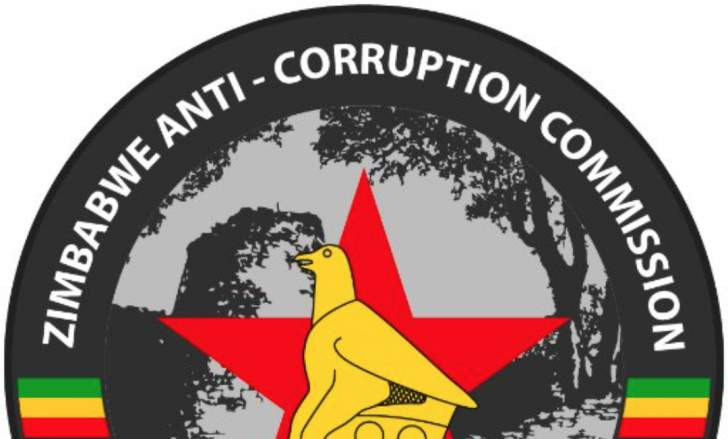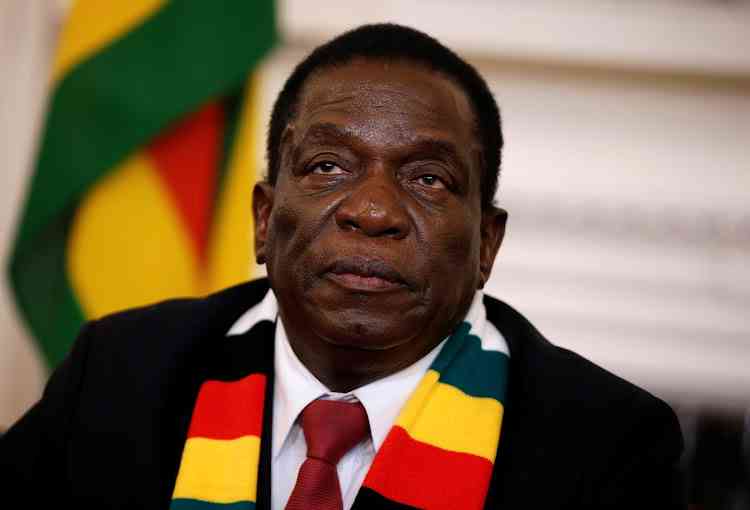
IN yesterday’s NewsDay edition, we reported that the Zanu PF-led government fulfilled just 16 of its 234 pledges made in 2018.
This translates to just 7% of all its 2018 manifesto pledges, according to policy think-tank Sivio Institute, meaning that 93% of all the ruling party’s electoral promises made five years ago are yet to be fulfilled and 187 of them are still work in progress.
Undoubtedly, this is poor performance on the part of the President Emmerson Mnangagwa administration, which is seeking another mandate in the August 23 harmonised elections.
In the run-up to the 2018 elections, the governing Zanu PF party released its manifesto titled Unite, Fight Corruption, Develop, Re-engage, Create Jobs.
However, the Sivio Institute report titled Five Years of Progress or Stagnation, released on Wednesday, is telling us that the ruling party hardly made any progress in uniting the nation, fighting corruption, developing the country, re-engaging the international community and creating jobs.
As the country fast approaches the polls, with only 19 days left before the August 23 plebiscite, the issue of promises made by political parties and politicians has again returned to hog the limelight.
Zanu PF and Mnangagwa have been on a campaign trail cutting the length and breadth of Zimbabwe canvassing for votes.
Similarly, his main challenger, Nelson Chamisa, of the Citizens Coalition for Change (CCC), has also drawn thousands of hopeful supporters, who are clamouring for a new government to his rallies.
- Young vocalist making southern Africa dance
- Letter to my people: The yellow revolution caught them napping
- Mwonzora skeletons tumble
- Business opinion: Branding in the age of entrepreneurship and industrialisation (Part 6)
Keep Reading
There are other nine presidential candidates also making their own promises, with Zapu, the Movement for Democratic Change and independent candidates such as Saviour Kasukuwere having since launched their manifestos.
Time is ticking away, yet Zanu PF and the CCC are still sizing each other up, with the latter preferring to wait and see what the former is trying to do, and vice-versa.
The people are waiting with bated breath, but as Sivio Institute argues in its report, a manifesto-based approach to political campaigning provides for a framework of consultation and accountability between those seeking public office and the electorate.
Given the importance of a manifesto, it then comes as a major surprise and cause for concern that Mnangagwa has not launched his roadmap, preferring to bask in the false comfort that the party’s achievements in the past five years are enough to win it re-election.
This is an illusion on the part of Zanu PF, especially now that Sivio Institute has told citizens what the party failed to achieve.
We wonder why Zanu PF is avoiding telling citizens its programmes, suffice to say by not telling the electorate its plans for the next five years, it makes many doubt the party’s capabilities in terms of developing this country.
Under such circumstances, even the not so curious voters will end up asking why the ruling party is shying away from unveiling its next promises.
This section of the community will also pose the same questions to Chamisa whose campaign theme revolves around change, which many hoped should have been clearly laid out in a manifesto.
The two main parties should tell the electorate what they stand for and allow the voters to exercise their role as the final arbiters on August 23.

